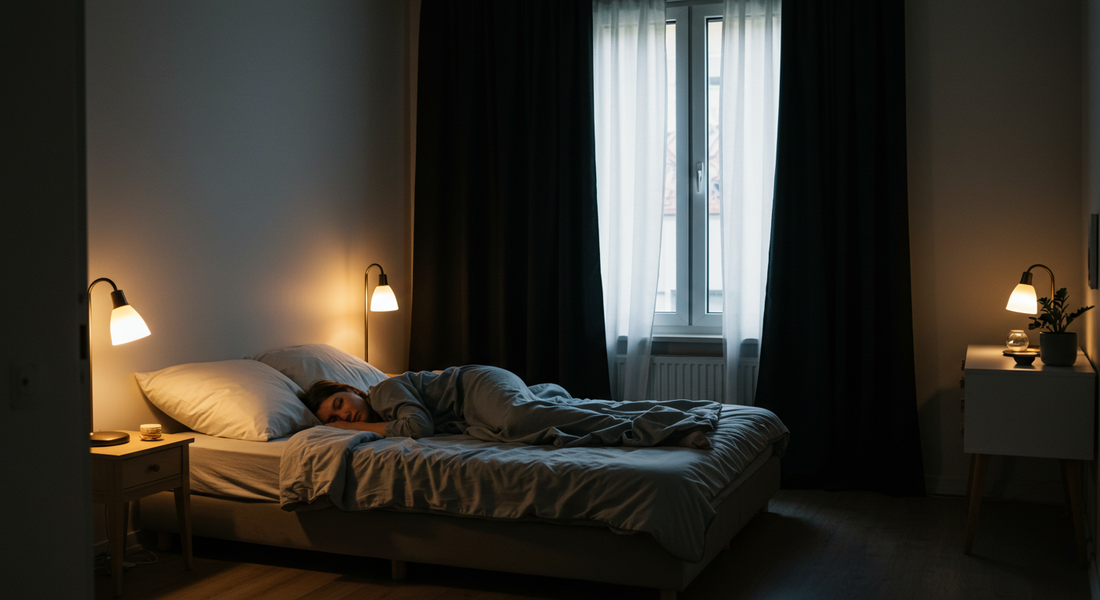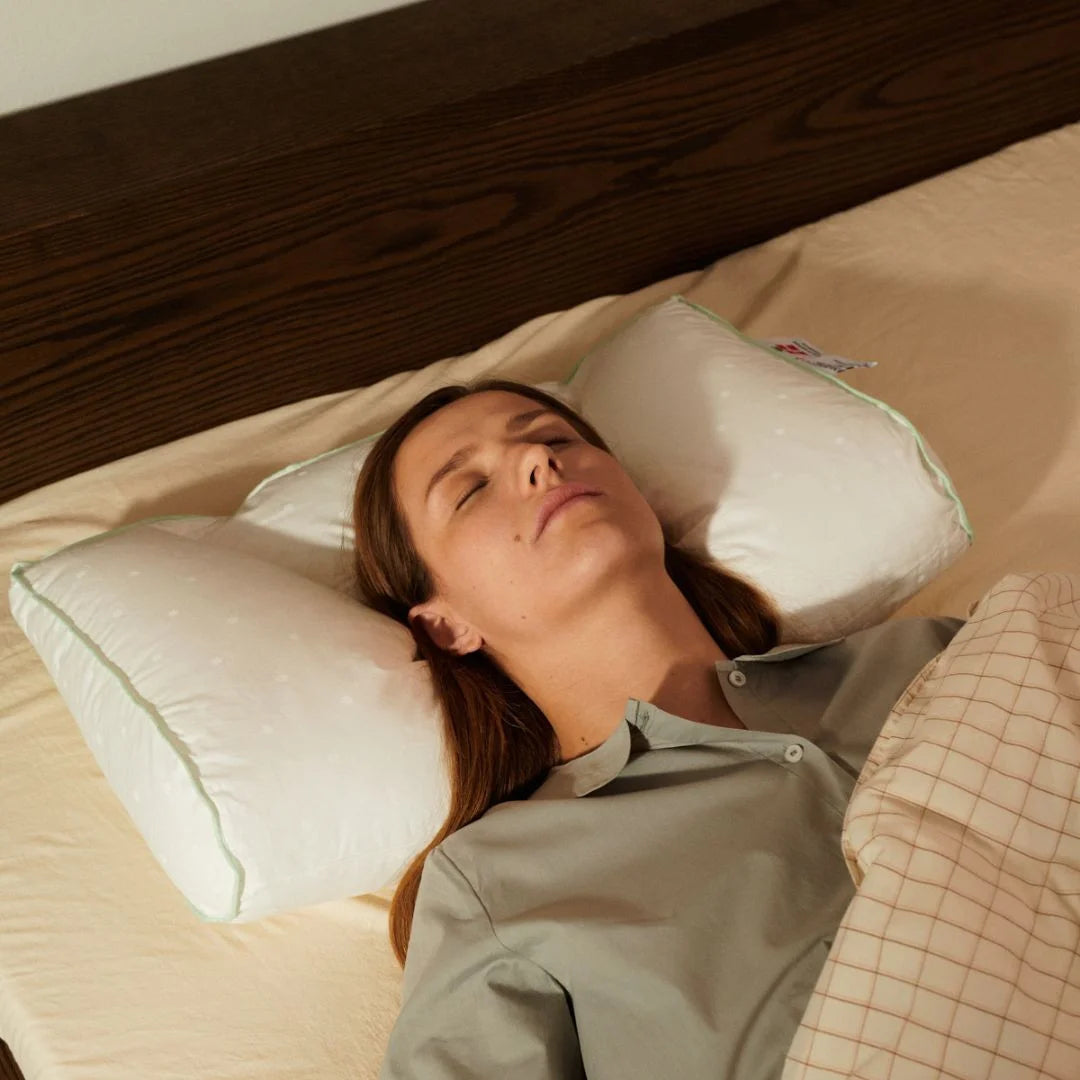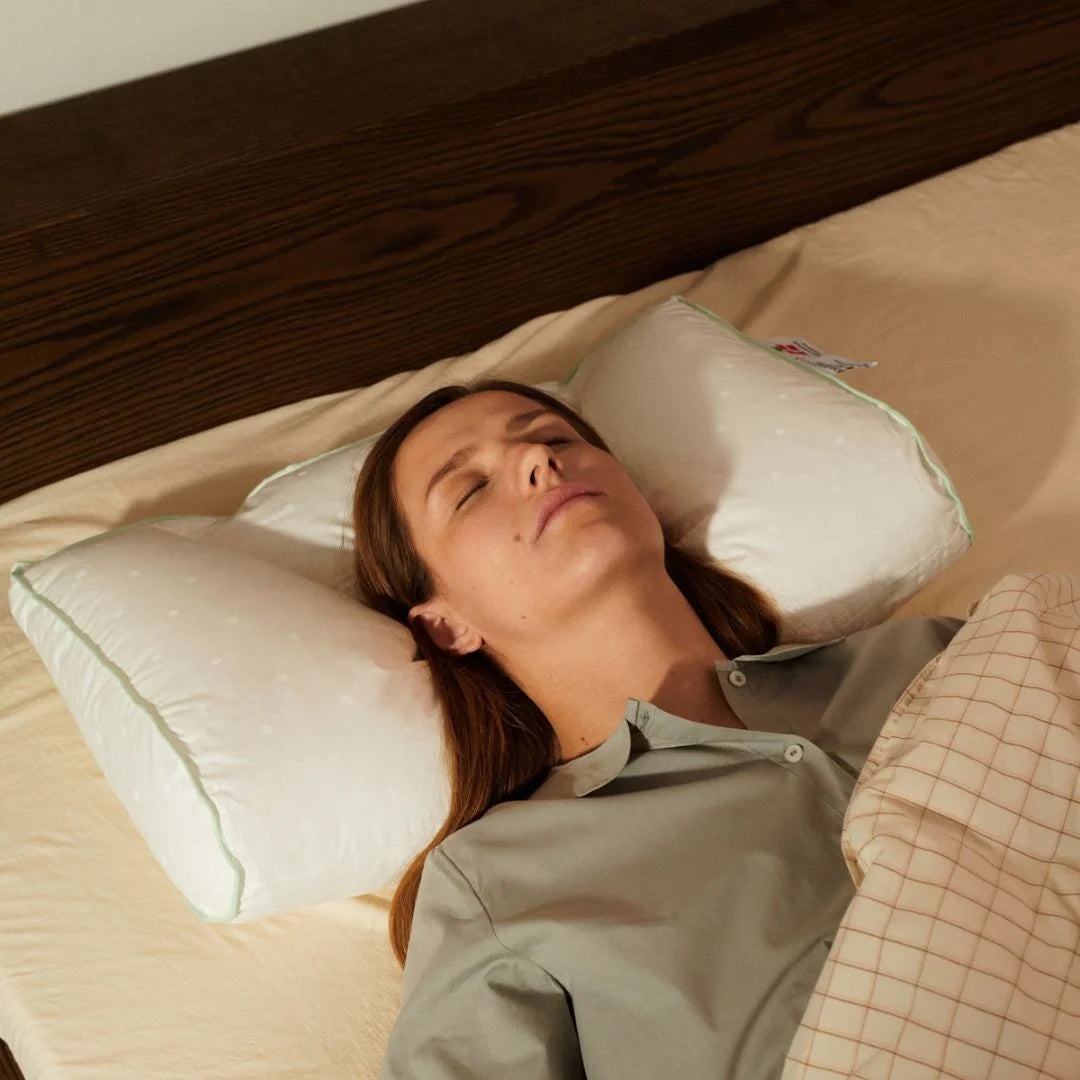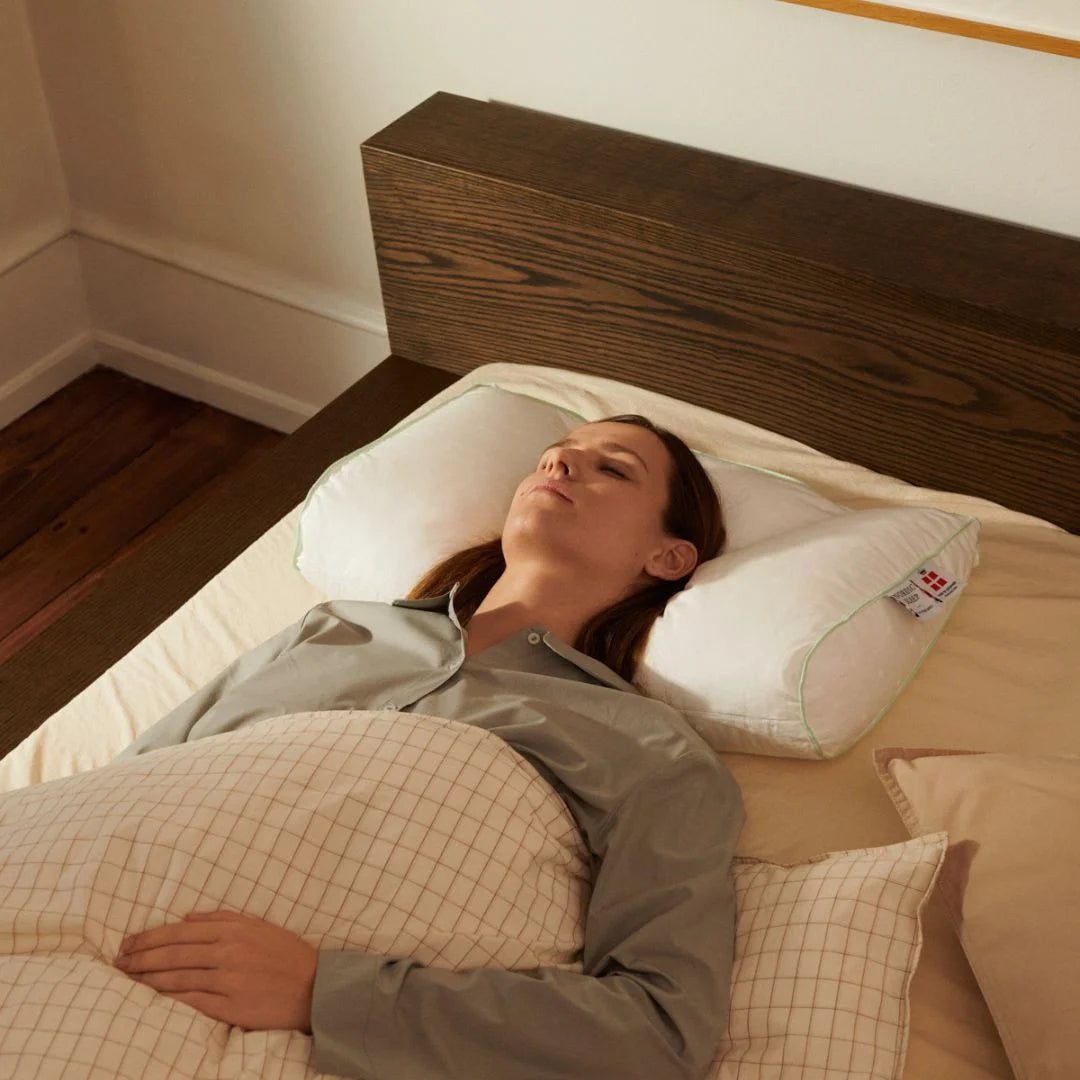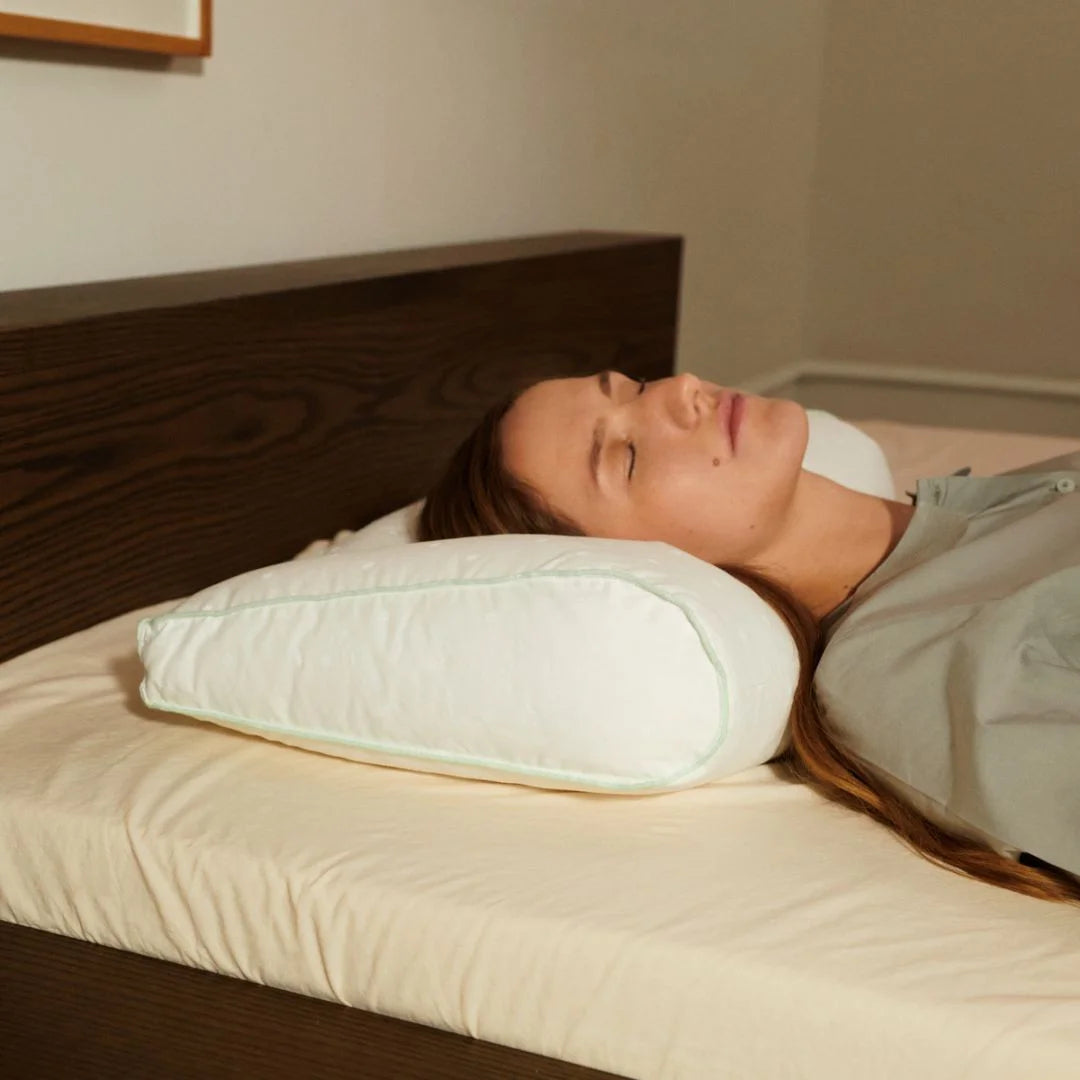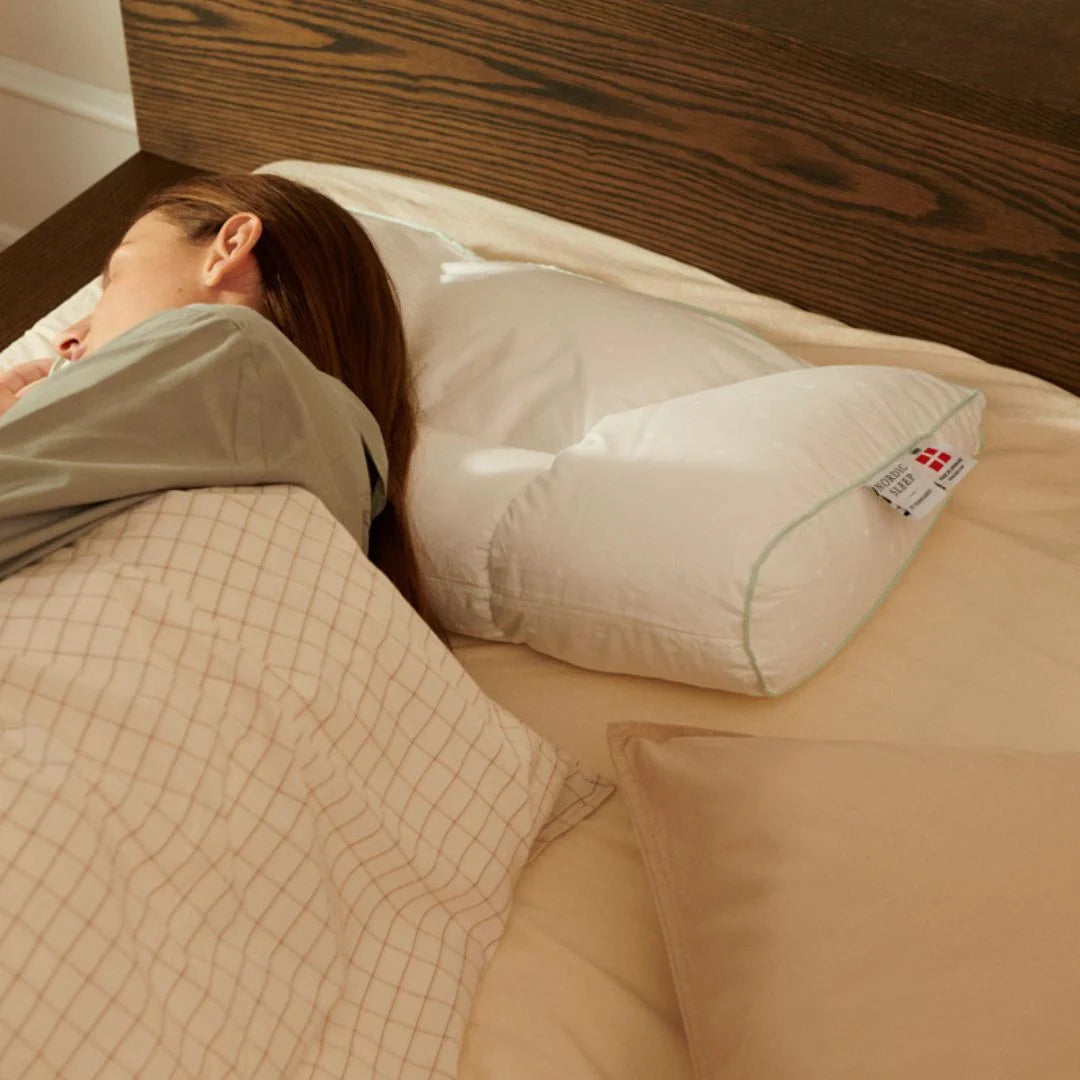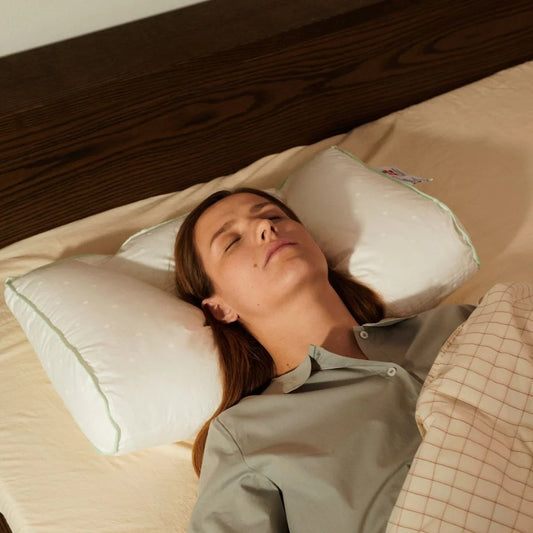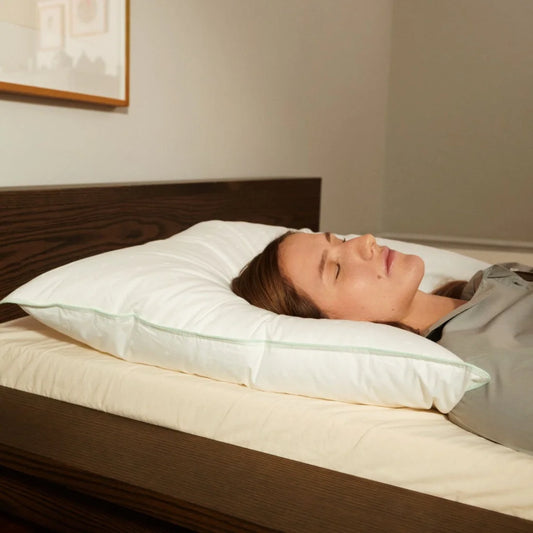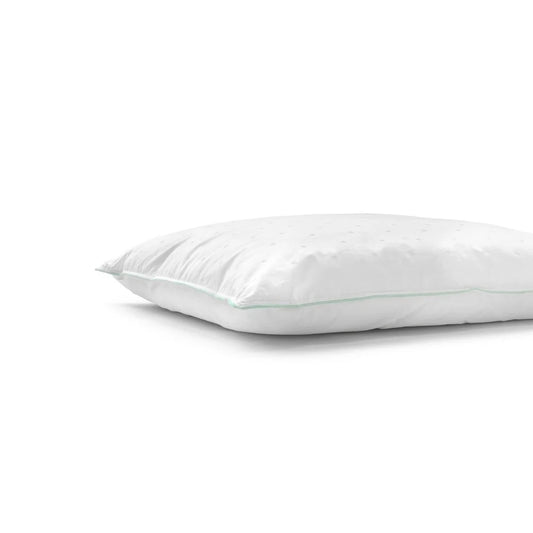Every year, World Sleep Day reminds us of the importance of quality sleep for our overall well-being. Yet, millions of people struggle with insomnia, affecting their productivity, mood, and long-term health. According to surveys, nearly 48% of adults in Hong Kong have experienced some form of sleep disturbance.
At Big Living, we’re dedicated to helping you improve your sleep quality and overcome insomnia. Let’s explore why sleep matters, common causes of sleep issues, and easy ways to improve your rest.

Why Sleep Matters: The Hidden Dangers of Insomnia
Lack of sleep isn’t just about feeling tired—it can have serious consequences on your health:
- Heart health risks – Poor sleep increases the risk of high blood pressure and heart disease.
- Weakened immune system – Your body struggles to fight off illnesses.
- Mental health struggles – Increased risk of anxiety and depression.
- Memory and concentration issues – Sleep deprivation affects focus and cognitive function.
- Weight gain and metabolism issues – Poor sleep can lead to obesity and diabetes.
Why Can’t You Sleep? Common Causes of Sleep Problems
If you’re having trouble sleeping, it could be due to:
- Stress and anxiety – Overthinking work, finances, or personal concerns can keep your brain overactive.
- Irregular sleep cycle – Inconsistent bedtimes, screen exposure before bed, or consuming caffeine too late in the day.
- Health conditions – Lack of deep sleep, chronic pain, or sleep apnea.
- Environmental factors – Noise, excessive light, or an uncomfortable mattress disrupting sleep.
Simple Tips to Improve Your Sleep
1. Establish a Consistent Sleep Routine
2. Relax Before Bed for Deeper Sleep
3. Watch What You Eat and Drink
4. Create a Sleep-Friendly Environment
5. Stay Active During the Day
6. Avoid Over-Reliance on Sleep Aids

World Sleep Day: A Reminder to Take Sleep Seriously
World Sleep Day is a perfect opportunity to reflect on your sleep habits. By making small lifestyle adjustments, you can achieve deep sleep, overcome insomnia, and feel more energized every day.
Start tonight—better sleep leads to a healthier, happier you!
References: This article is based on the Centre for Health Protection, Hong Kong SAR
